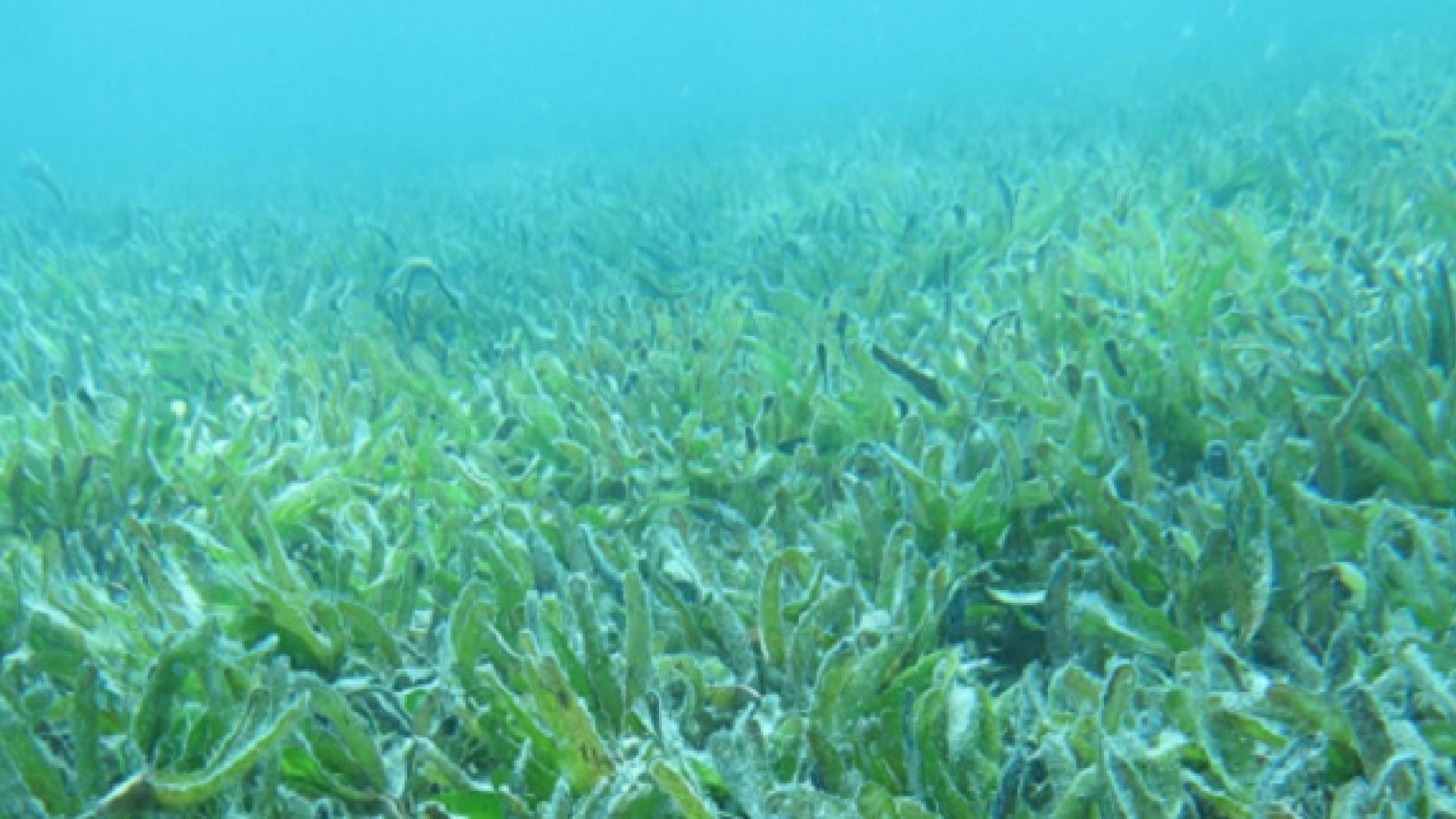© 2017 A. Ortega
Marine protected areas (MPAs) that restrict or ban extractive activities, such as fishing or mining, play a well-established role in conserving biodiversity. An international research team suggests that such reserves, when managed effectively, will be vital in helping marine communities adapt to the impacts of climate change.
The team says that formal protection of marine ecosystems will support the biological processes that will help make these areas resilient to disturbances from a changing climate. Scaling up through an extensive network of MPAs can multiply these benefits.
The global community has procrastinated too long about greenhouse emissions, explains Carlos Duarte, the director of the Red Sea Research Center at KAUST. “Even if the 2015 Paris Agreement on climate change is fulfilled in its most ambitious form, mitigation will come too late to halt the impacts of climate change on tropical coral reefs and Arctic ecosystems and the communities and societies that depend on them for their livelihoods,” he explains.
Read the full article

